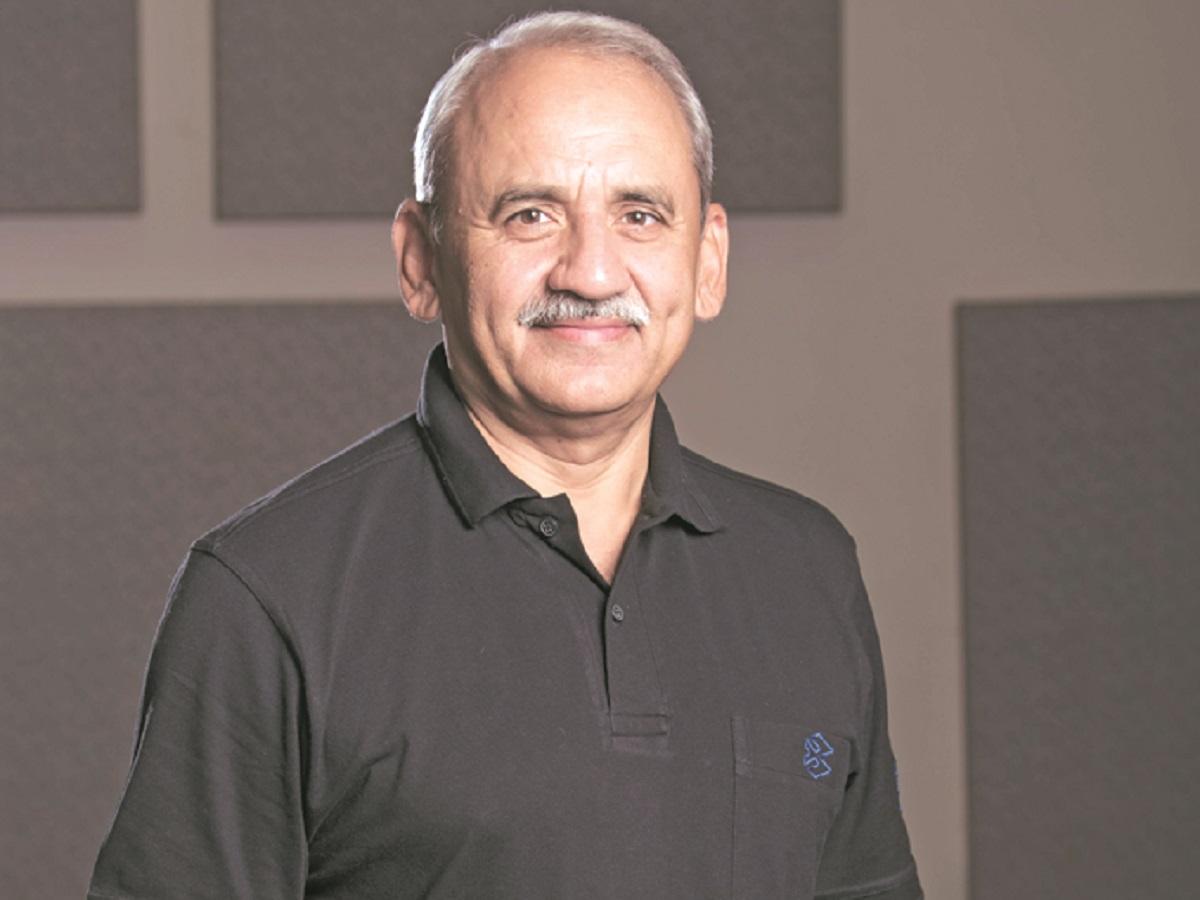Subsidies Corrupt Decision-making Processes: Bajaj Auto Executive Director

Some Indian electric vehicle (EV) makers are facing a probe for alleged non-compliance with the standards required to be eligible for FAME-II subsidies because of insufficient domestic value addition
Deepak Patel New Delhi
Rakesh Sharma, executive director, Bajaj Auto
Listen to This Article
Subsidies “corrupt” decision-making processes of both customers and companies because the former is influenced by artificial short-term benefits and the latter takes long-term investment decisions on the basis of potentially short-term subsidy regime, said Rakesh Sharma, executive director, Bajaj Auto, on Friday.
Therefore, if a subsidy is provided, it should be for the long term. “The necessary issue is not whether there should be subsidies or not. The bigger issue is the certainty that should be provided for at least 5-7 years," Sharma told reporters after inaugurating the first Chetak (electric scooter) outlet in Delhi.
The Ministry of Heavy Industries (MHI) is currently considering whether to extend subsidies to electric two-wheeler makers under its Faster Adoption and Manufacturing of Electric and Hybrid Vehicles (FAME) II scheme beyond 2023-24. The FAME-II scheme, with an allocation of about Rs 10,000 crore, began in FY20. The FAME-I scheme was in place from FY16 to FY19 with an allocation of just Rs 529 crore.
Some Indian electric vehicle (EV) makers are facing a probe for alleged non-compliance with the standards required to be eligible for FAME-II subsidies because of insufficient domestic value addition.
According to Sharma, “From an OEM’s (original equipment manufacturer) perspective, you cannot subsidise and create an industry. It has not happened. It has not succeeded. I feel that over a period of time, they (government) should take it (subsidies) off.”
However, if the country is committing to subsidies, they should be for a “very long period” because companies, their partners and their dealers commit years of investments, he mentioned.
From the customer’s point of view, he/she should get the “real cost benefit” instead of the “artificial cost benefit” for a short time. “It skews the messaging and the proposition,” he noted.
“We feel that any sort of subsidy actually corrupts the decision-making processes on both customer's side and company's side for the reasons that I described...Whether the subsidy should be there from the national and global points of view, that question has to be answered by the government,” he mentioned.
Sharma said Bajaj Auto is seeing multiple contradictory forces at play in the EV sector, such as the development of Sodium-ion batteries and hydrogen cells, fluctuation in Lithium-ion battery prices, people's preference for EVs as petrol prices are going up, as well as the presence of subsidies, and it will take some time for the dust to settle down.
He said the company is agile enough to deal with such contradictory forces. “If the subsidies are withdrawn, and if the prices of scooters rise by a lakh, it will be the first shock, and we are open to it,” he mentioned.
Ten years ago, the emphasis was on “anticipating and learning” what is going to happen. “We learned that it is not possible. In December, we sold 50,000 units in Nigeria, and this reduced to 5,000 in January. So, instead of taking a stand, it is better to be able to respond to a situation... So, if tomorrow, subsidies are not there, we are not going to abandon our showroom or our vendors. We should be in a position to respond to it,” he noted.
Instead of guessing and locking itself to one type of future, Bajaj Auto prefers to remain open to multiple scenarios and have the agility to respond to anything that comes its way, Sharma stated.
Bajaj Auto sold 36,263 units of electric two-wheelers in India in FY23, according to SIAM data. Its domestic sales of electric two-wheelers in FY22 were just 8,187 units.
"The volumes in FY24 will definitely be much higher compared to about 36,000 units during last financial year," Sharma told reporters.
He said the company's focus is on getting the supply chain right, building up stores, and training the right number of people for vehicle management and maintenance. “We are not wedded to a specific number as a target for FY24,” he added.
Electric two-wheelers constituted 4.5 per cent of total two-wheeler sales in India in FY23. This share was just 1.9 per cent in FY22.
Asked about the effect of fire incidents involving electric two-wheelers, Sharma said: “There are always the good, the bad, and the ugly. As you know, the bad and the ugly tend to hinder the development of the industry. It is a new industry. If it is not responsibly made, maintained, and used, we have seen some of the outcomes.”
“There are thermal incidents, and it does have a demoralising effect on the consumer. That is the bad part. I think that can be overcome with governance, standards, etc. at a responsible start-up. It is also very good for companies like us as it keeps us on our toes,” he added.
First Published: Apr 28 2023 | 7:50 PM IST
Stablecoin The Future Of Currency?
The payments system is undergoing a quiet but consequential shift. What was once the exclusive preserve of central banks... Read more
BoE Loosens Capital Rules
The Bank of England has taken a significant step towards easing post-crisis regulation by lowering its estimate of the c... Read more
Monzo Looks For US Banking License
Monzo is preparing a renewed push to secure a US banking licence, four years after abandoning its first attempt when tal... Read more
Crypto Firms Push Into US Banking
America’s cryptocurrency companies are scrambling to secure a foothold in the country’s traditional banking system, ... Read more
Parallel Banking: Stablecoins Are Now Global
Parallel Banking: How Stablecoins Are Building a New Global Payments SystemStablecoins—digital currencies pegged to tr... Read more
JPMorgan Deploys AI Chatbot To Revolutionize Research And Productivity
JPMorgan has deployed an AI-based research analyst chatbot to enhance productivity among its workforce, with approximate... Read more

